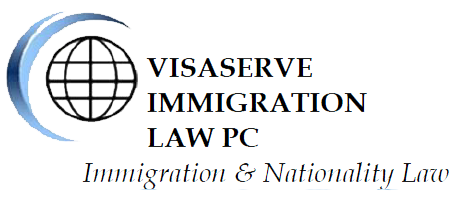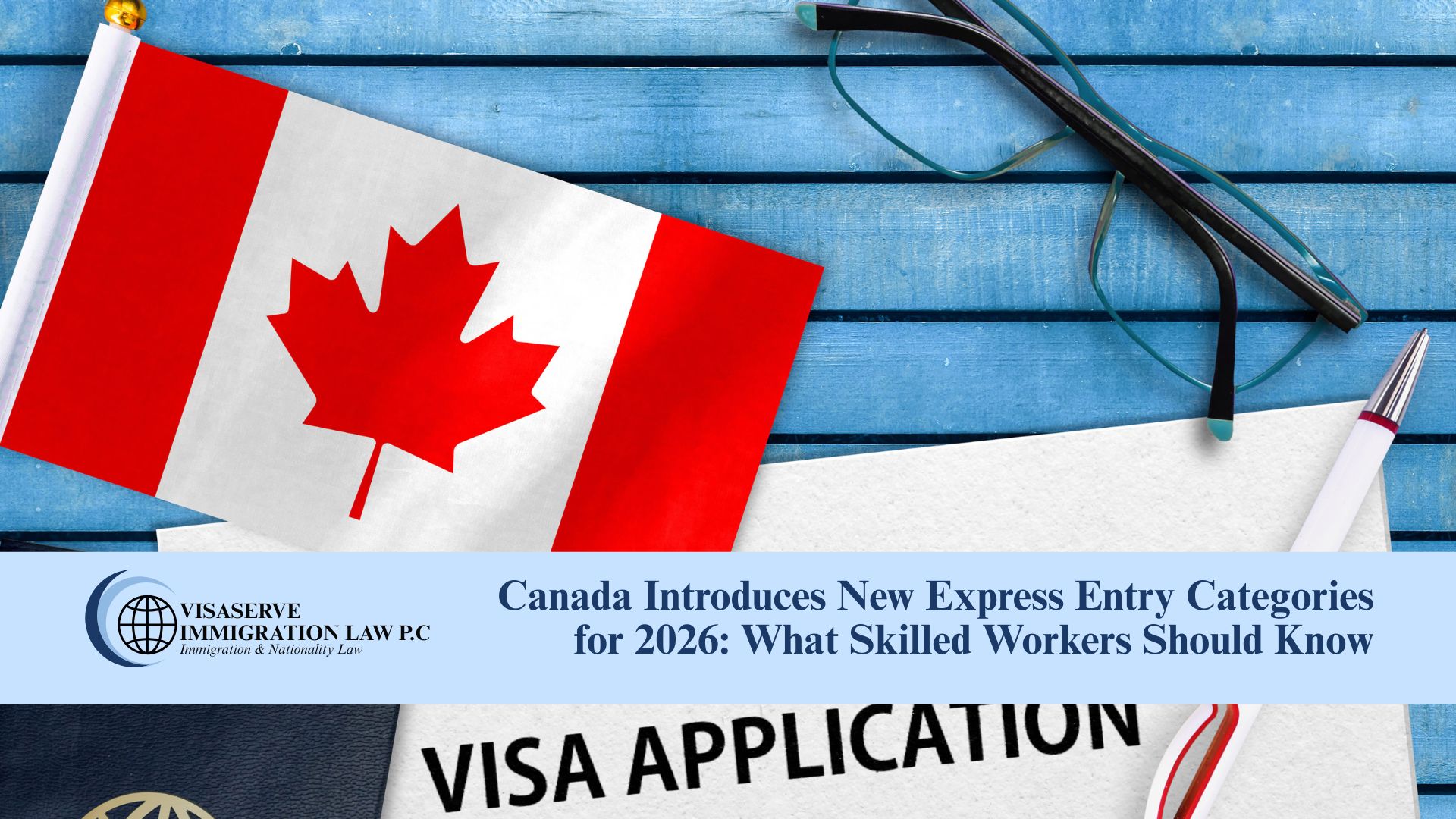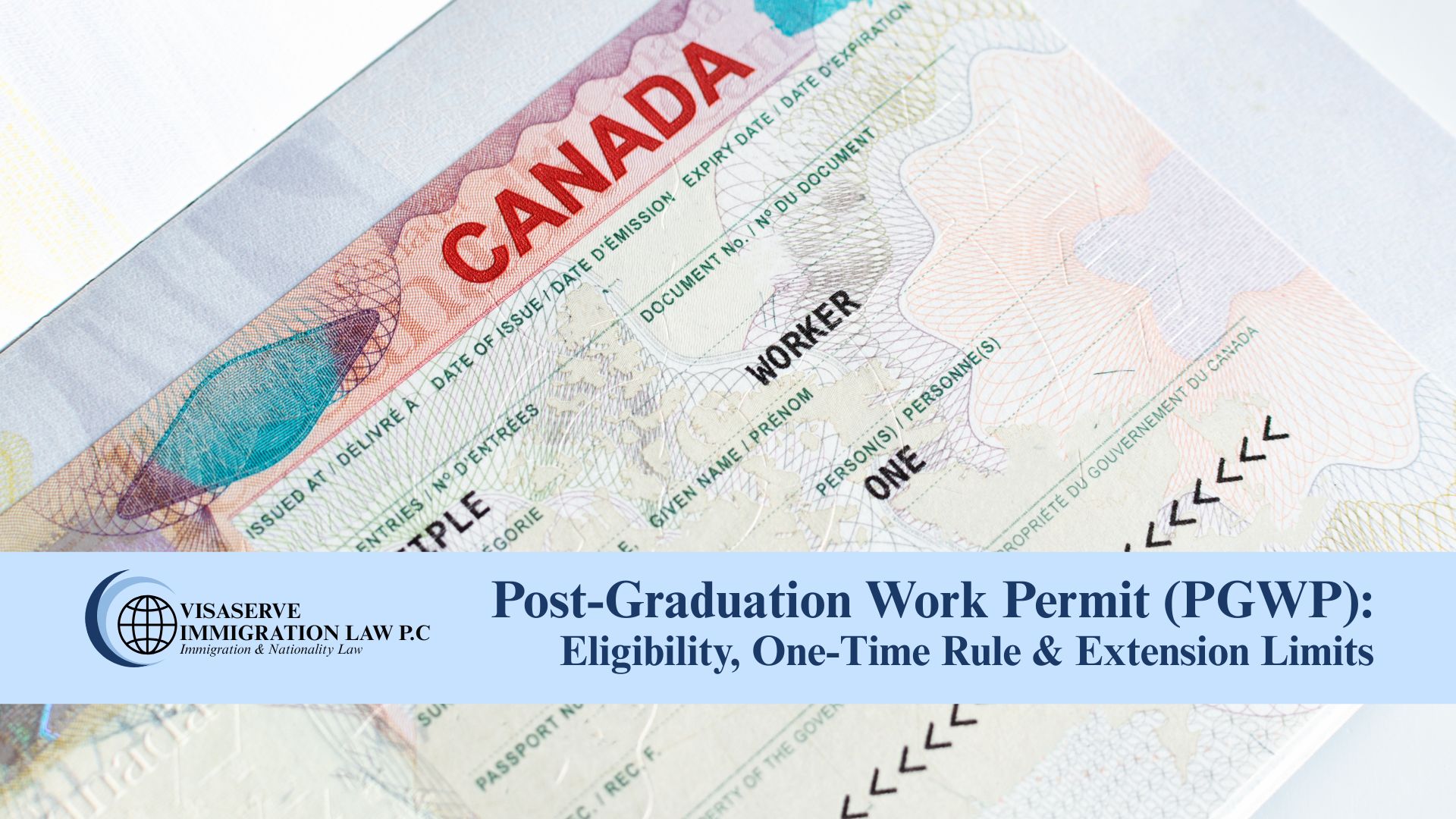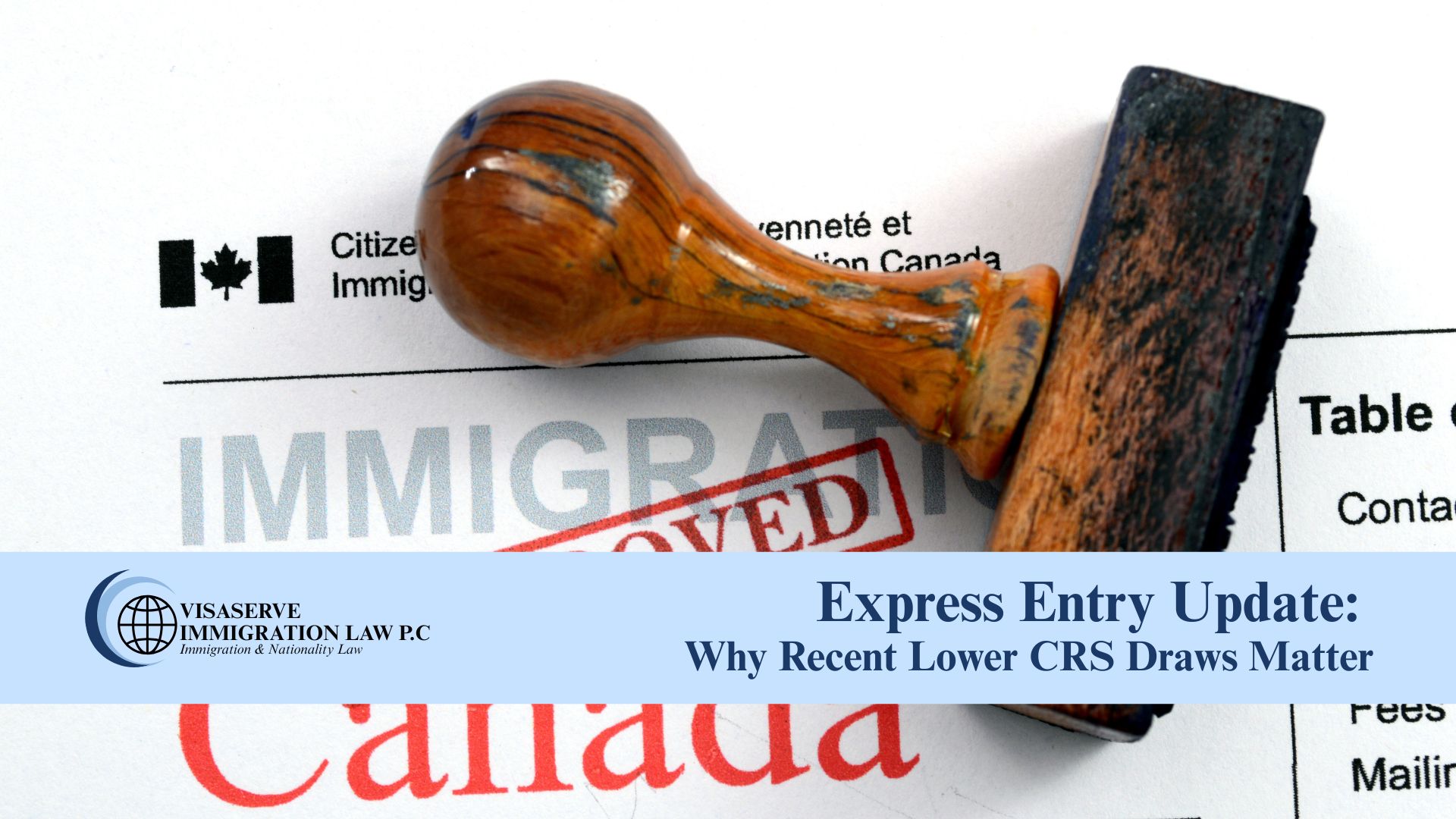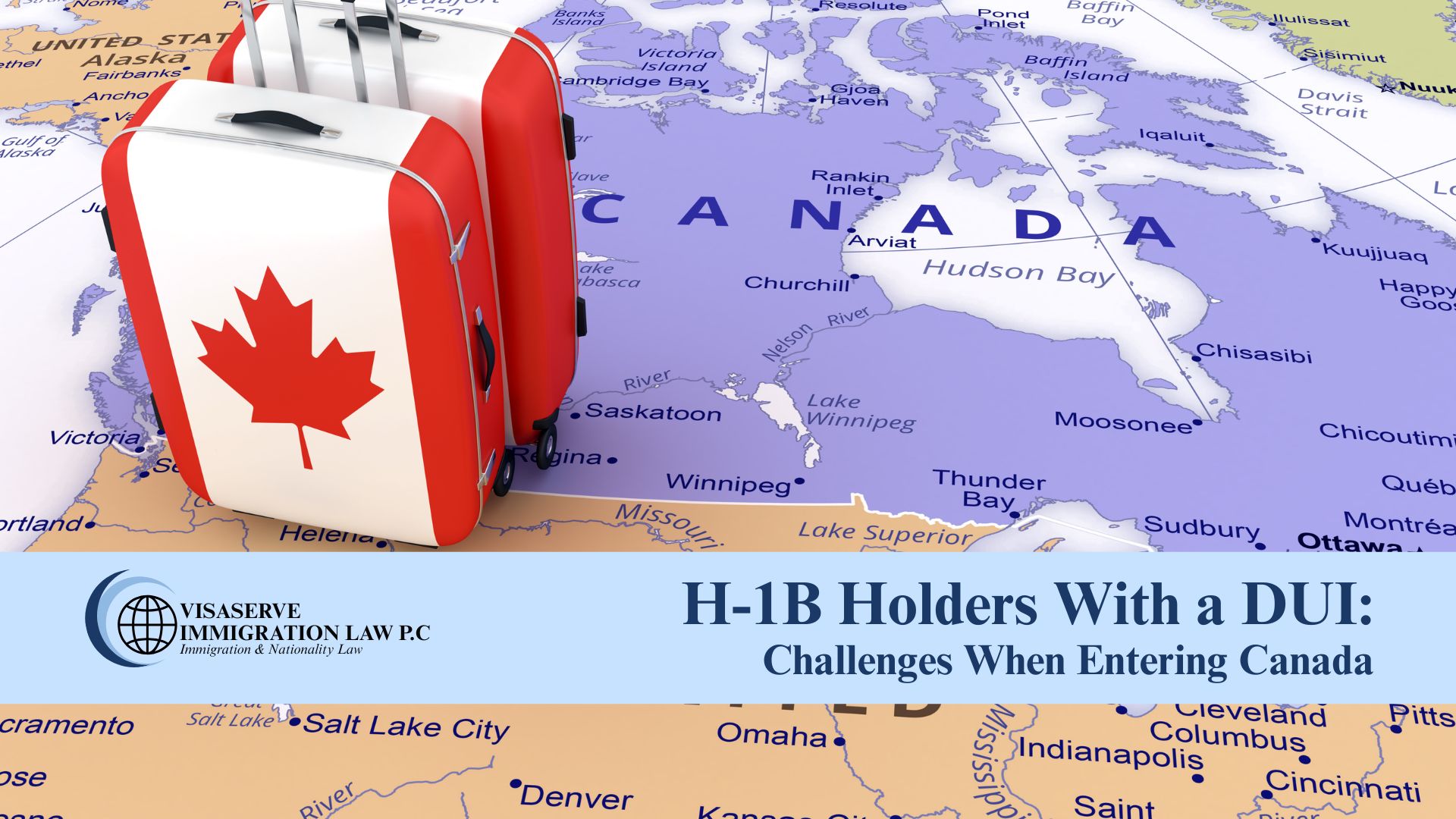Canada continues to experience significant delays in processing applications for temporary residents—including work permits, study permits, and visitor visas. As of May 2025, the processing times for both work permit and study permit extensions from within Canada exceed 230 days, creating concern for applicants and employers alike.
Current Processing Times (as of May 13, 2025)
-
Work Permit (Initial and Extension): 237 days
-
Study Permit Extension: 234 days
These wait times reflect substantial delays and are updated weekly by Immigration, Refugees and Citizenship Canada (IRCC). Applicants are advised to plan well in advance, especially if their status is close to expiring.
Backlogs Continue to Affect Processing
IRCC has reported extensive backlogs in temporary resident applications since early 2022, and the problem persists through 2025. The percentage of backlogged applications provides a stark illustration of the pressure on Canada’s immigration system.
Temporary Resident Visas (TRVs)
-
The backlog for TRVs hovered around 70% throughout 2022 and early 2023.
-
After a dip to 45% in May 2023, it surged again, peaking at 75% in late 2024.
-
Although projections for 2025 show a potential decrease, the backlog was still 71% in January 2025, with May projected to see 47%.
Work Permits
-
Work permit backlogs showed some improvement in 2023, but the situation reversed by late 2024.
-
The backlog jumped from 34% in February 2025 to 42% in March, with a projected rate of 23% for May 2025.
-
Delays are especially difficult for Canadian employers who rely on timely labor market integration of foreign workers.
Study Permits
-
While study permit backlogs had dropped to 15% by mid-2023, they surged again to 45% in early 2025.
-
Projections suggest improvement may be on the horizon, with a 19% backlog projected in May 2025.
-
Still, with extensions taking over 230 days, international students are facing significant uncertainty.
What Does This Mean for Applicants?
The continuing delays impact not just applicants, but also Canadian educational institutions and employers. Here’s what temporary residents should consider:
-
Plan Ahead: Apply for extensions or new permits as early as possible. Processing times remain unpredictable despite IRCC’s efforts to streamline.
-
Maintain Status: Ensure that you are legally authorized to stay in Canada during processing by applying before your current status expires.
-
Consult an Immigration Professional: Given the complexity of temporary status rules, legal advice can help avoid gaps in status or unnecessary rejections.
Contact us today to schedule a consultation or learn more about how we can support your temporary immigration needs.
